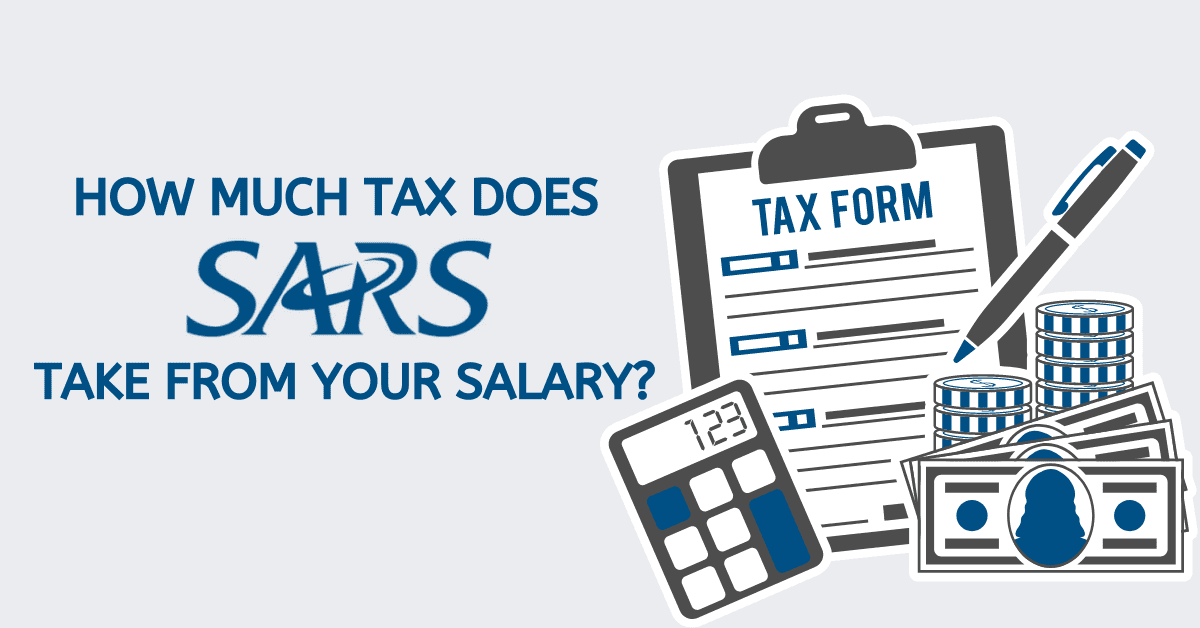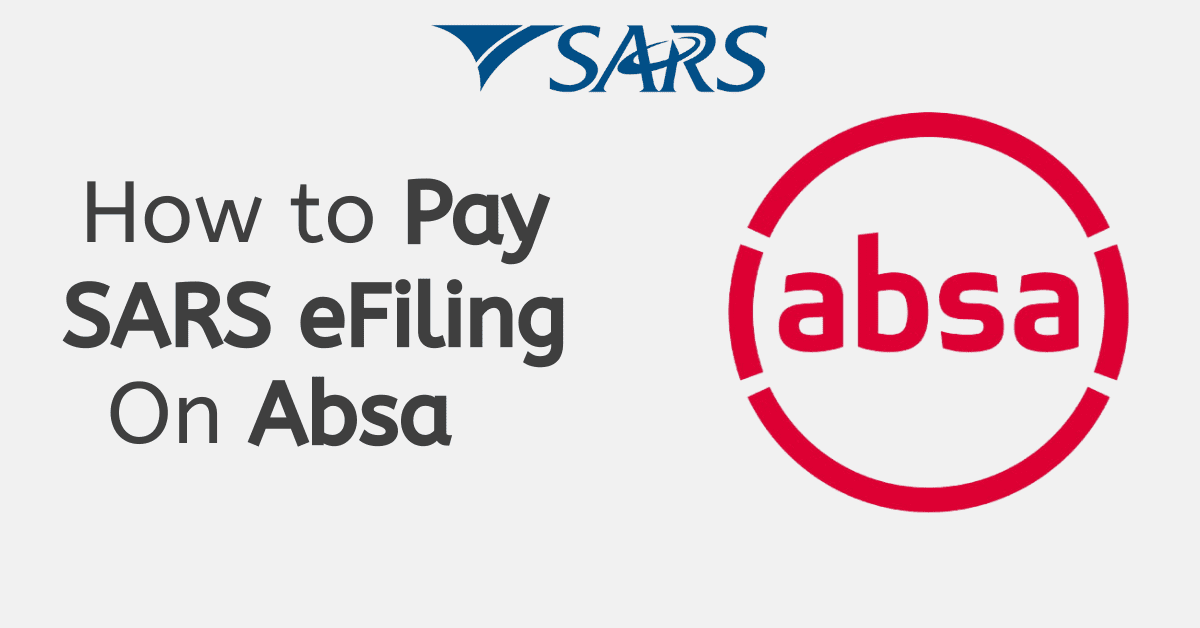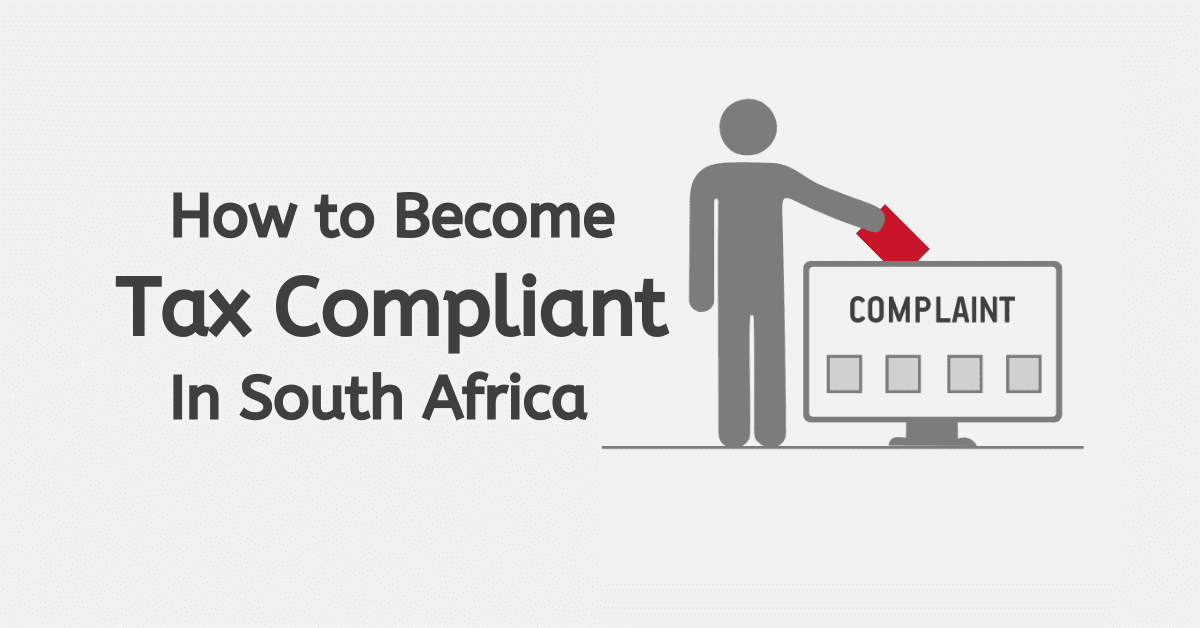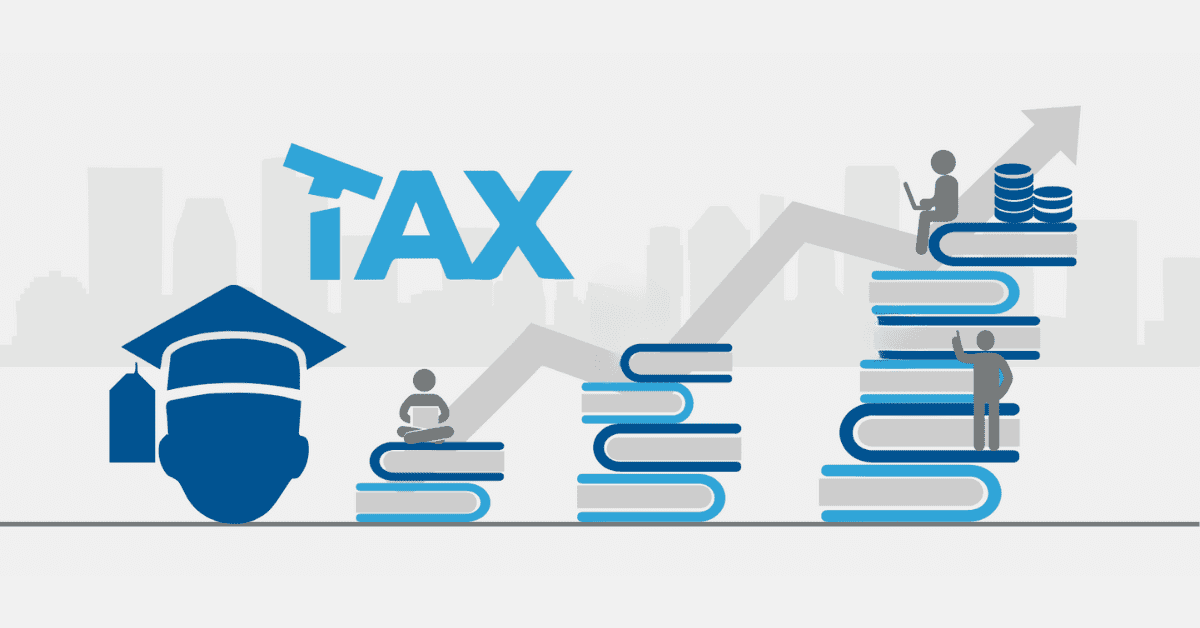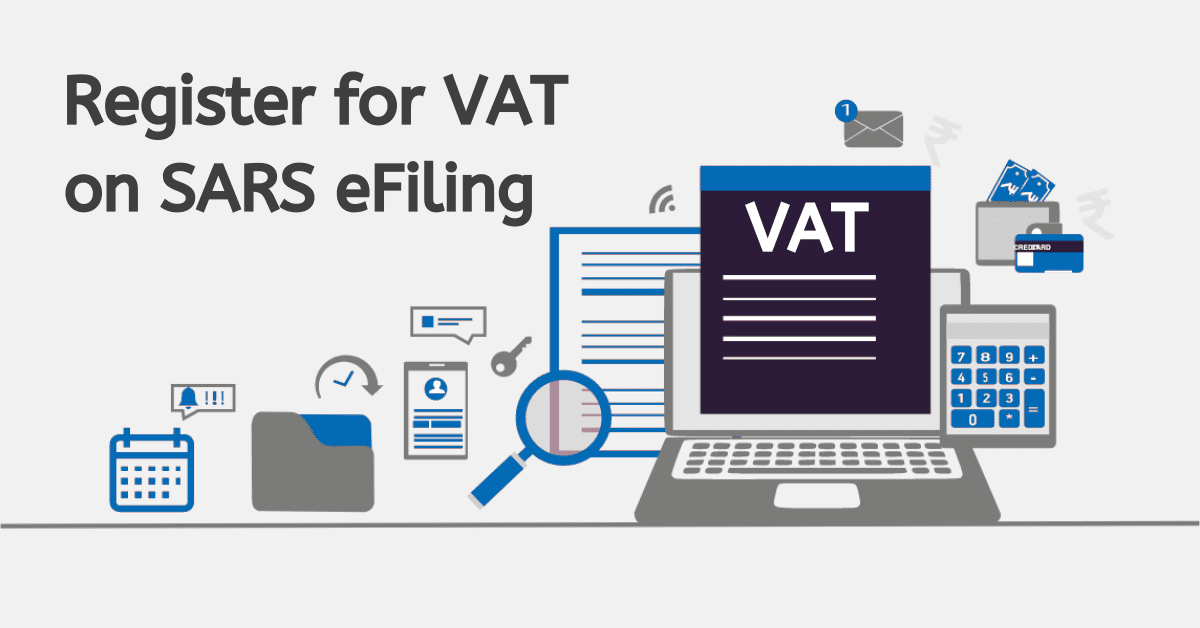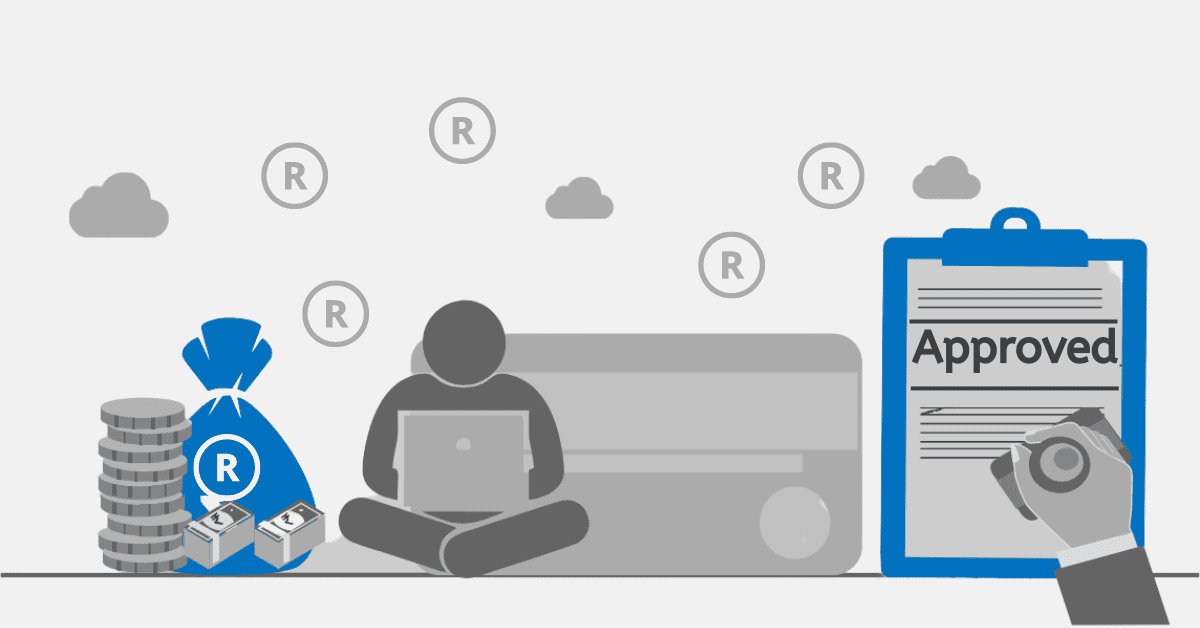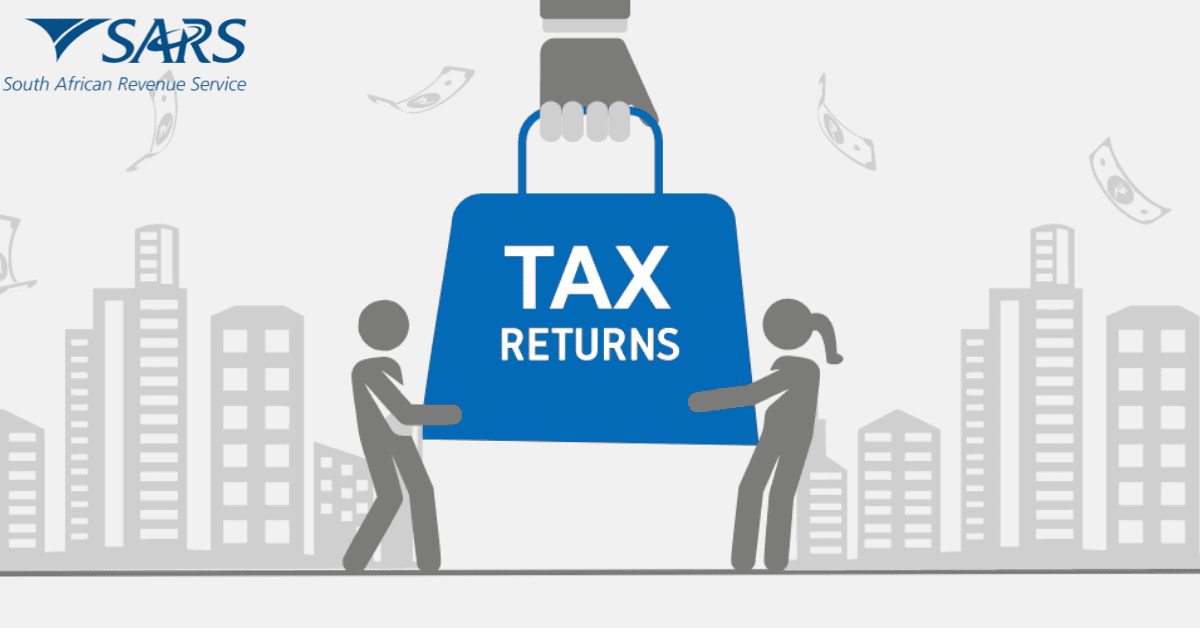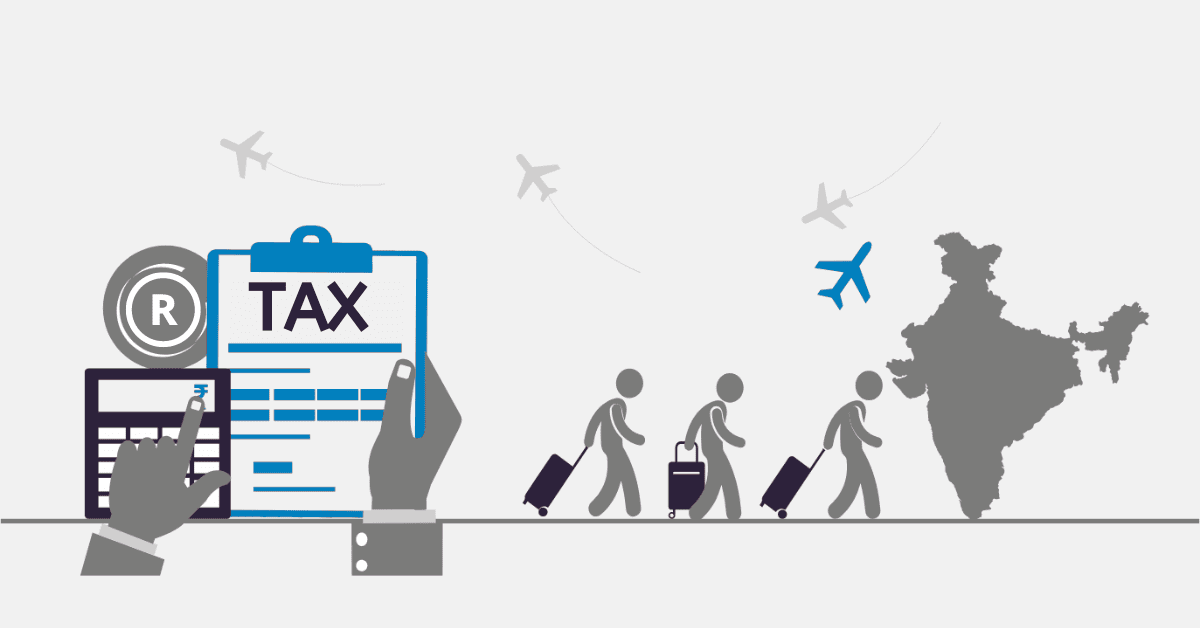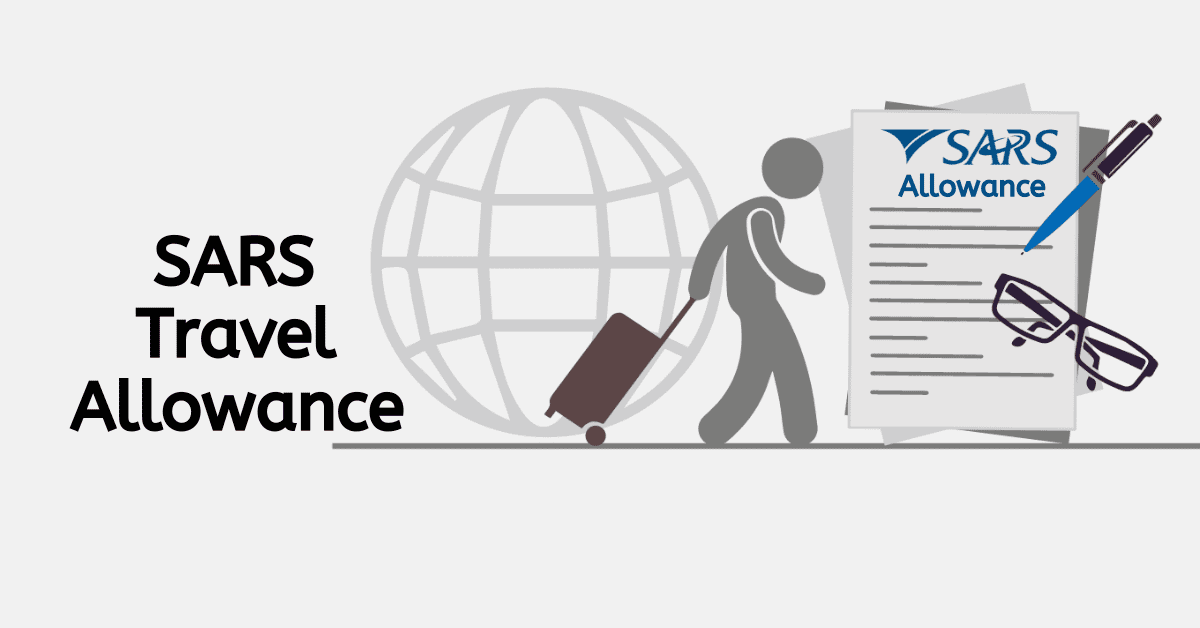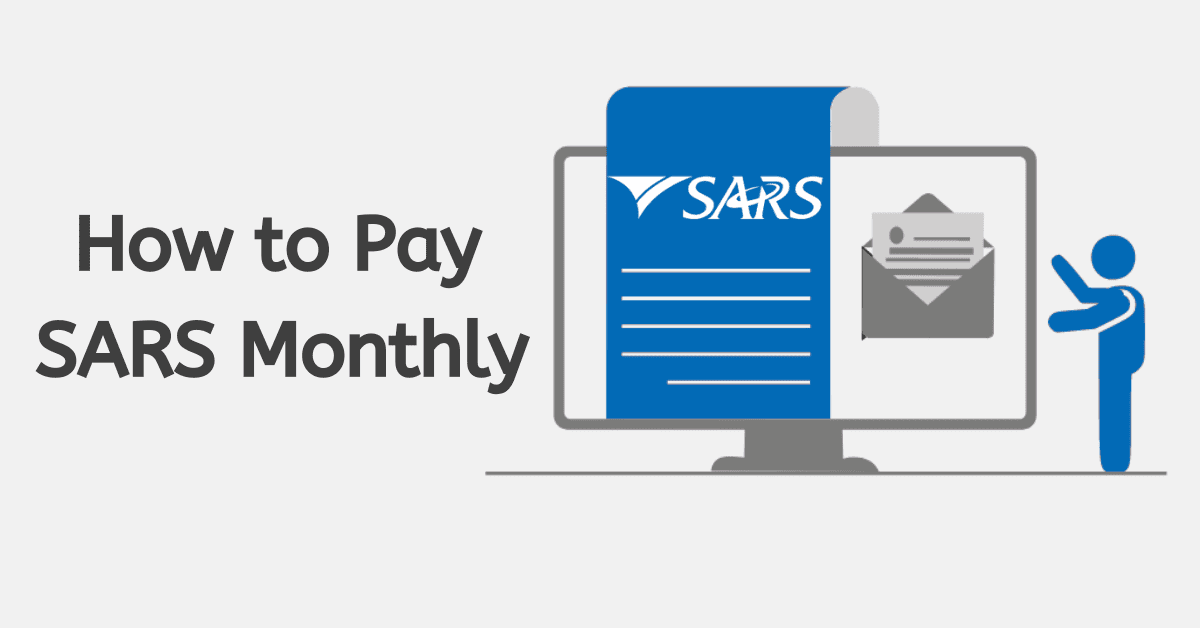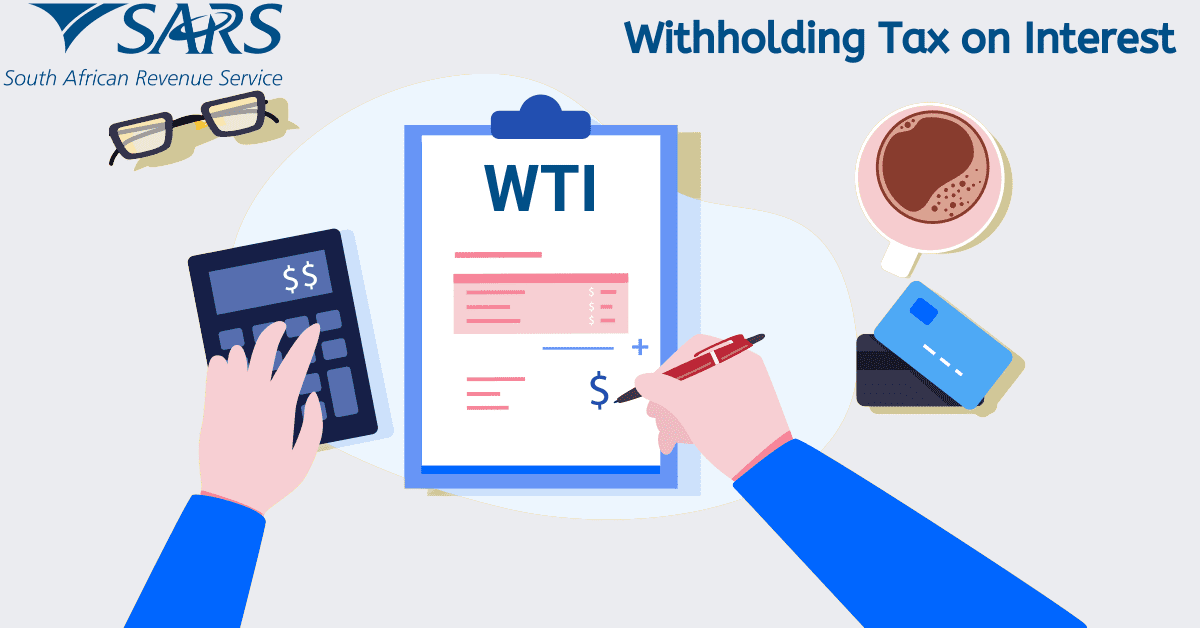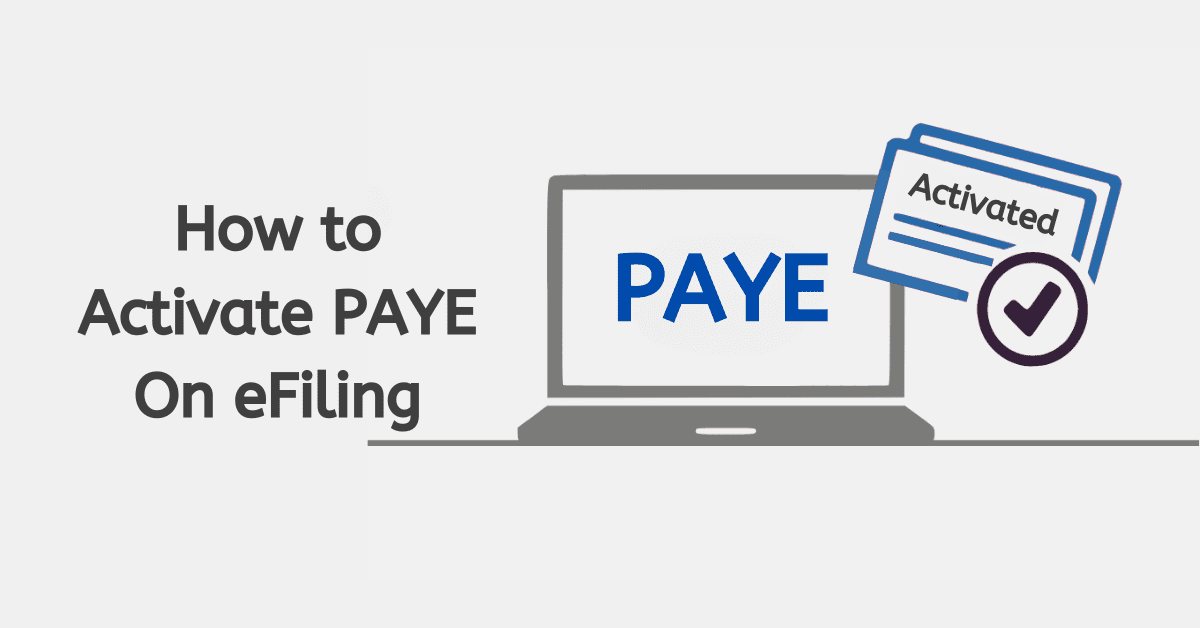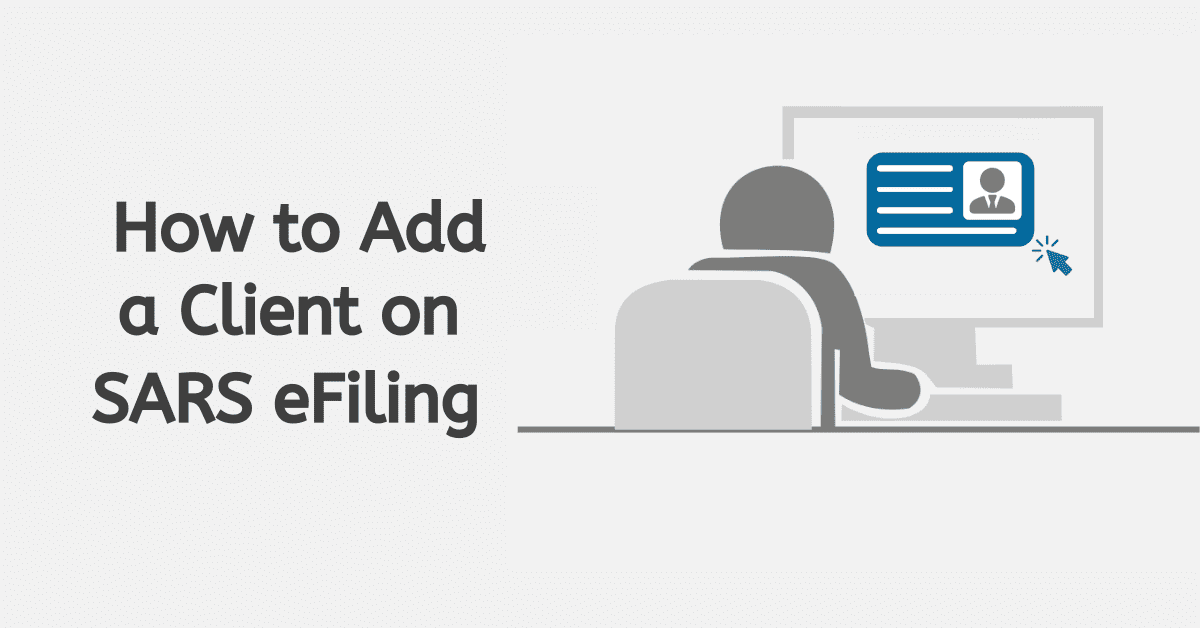As a worker busting your energy away as an employee, it is crucial to understand how your compensation, bonuses, and other forms of payment are taxed. The tax withheld from your pay is based on your tax bracket and income. South Africa has several tax brackets. The lowest tax rate is 18%, and the highest is 45%. In addition to income tax, you may be required to pay taxes such as VAT and social security contributions on your pay. Understanding all the taxes that apply to your income to budget and plan for your financial future.
In this article, we look at taxes in our dear country and how they affect the total amount of money you take home. From figuring out your tax bracket to taking advantage of exemptions and reliefs, we’ll give you the information you need to follow the tax laws in South Africa.
Is Compensation Taxable In South Africa?
Yes. Compensation is generally considered to be taxable income in South Africa. You may be obligated to pay taxes on that income if you are compensated for any reason, such as for injury, damages, or lost wages. However, there are some exemptions to this rule. For example, compensation for a personal injury or illness is usually not taxable as long as it is not received because of a business or trade. It is prudent to talk to a tax professional or the South African Revenue Service (SARS) to determine the taxability of any compensation you receive.
Which Is Taxable As Compensation?
An employee’s pay and benefits for work are considered taxable income. According to SARS, this includes salaries, wages, bonuses, and other forms of payment for work performed, such as commissions, allowances, tips, severance pay, and pension payments. But, again, there are some exceptions.
Compensation for a personal illness or injury that wasn’t caused by a business or trade will not be taxed. In addition, South Africa has Double Taxation Agreements with many other countries, which may provide tax relief for non-residents who receive compensation from a South African source.
Reimbursements of foreign taxes, home leave flights, and cost-of-living allowances could also be taxed as compensation.
There are a few specific situations that can show whether or not foreign tax reimbursements, home leave flights, cost-of-living allowances, employer-provided housing, and benefits in kind are taxable in South Africa:
- Foreign tax reimbursements: Employees who incur foreign taxes while working abroad may be eligible to claim a credit for those taxes against their South African tax liability. Foreign tax reimbursements are possible if the foreign tax relates to income earned by the employee while working abroad and is a tax levied by a foreign country.
- Home leave flights: If an employer provides an employee with a home leave flight, the value of that flight may be taxable as a fringe benefit unless the flight is necessary for the employee to perform their duties.
- Cost-of-living allowances: Cost-of-living allowances may be taxable as income if provided to an employee in addition to their regular salary or wages rather than as reimbursement of specific expenses.
- Employer-provided housing: If an employer provides an employee with housing, the value of that housing may be taxable as a fringe benefit unless the accommodation is necessary for the employee to perform their duties.
It’s important to carefully look over the terms of your employment contract and talk to a tax expert to find out if any of the money or benefits you get are taxed.
How Is Compensation Taxed In South Africa?
The tax you have to pay is based on a scale. 18% is applied for taxable income up to R79,000. In comparison, 45% of taxable income is over R500,000. In South Africa, compensation is generally taxable as part of an individual’s taxable income. This includes salary, wages, bonuses, commissions, and other forms of payment for personal services. It is important to note that these tax rates apply to an individual’s taxable income, which is calculated after deductions and exemptions have been taken into account. This means that the actual amount of tax paid on compensation may be lower depending on an individual’s specific circumstances, such as;
1. Tax bracket: South Africa has a progressive tax system, which means that individuals are taxed at different rates depending on their taxable income. The tax brackets and corresponding tax rates for individuals in South Africa are as follows:
- Up to R79,000: 18%
- R79,001 to R310,000: 26%
- R310,001 to R500,000: 31%
- Over R500,000: 36%
An individual’s tax rate will depend on the tax bracket in which their taxable income falls.
2. Deductions and exemptions: Individuals may claim deductions and exemptions on their taxable income, which can reduce the amount of income subject to tax. For example, individuals may claim deductions for certain expenses, such as medical or retirement contributions. Additionally, individuals may claim exemptions for certain types of income, such as certain types of investment income.
3. Other factors: A few other factors can impact an individual’s tax rate in South Africa, such as their residence status and whether they are eligible for any special tax concessions or reliefs.
In addition to income tax, individuals who receive compensation in South Africa may also be required to pay other taxes, such as Value-Added Tax (VAT) and the Unemployment Insurance Fund (UIF). Some types of pay, such as severance pay, disability or injury payments, lump sum payments at retirement, and company car allowances, may be exempt from or get tax breaks.
Tax Exemptions And Reliefs For Compensation In South Africa
South Africa has tax breaks or exemptions for certain kinds of compensation. This includes:
- Severance pay or retrenchment packages: These payments are tax-free up to a certain amount, which is determined based on the individual’s length of service with the company. Any amount above the tax-free threshold is taxed at the individual’s marginal tax rate. If an individual has been with the company for more than ten years, the first R500,000 of the severance pay or retrenchment package may be tax-free. Any amount above R500,000 is taxed at the individual’s marginal tax rate.
- Disability or injury payments: These payments may be tax-free if received from a registered medical scheme or a statutory body, such as the Compensation Commissioner.
- Retirement lump sum payments: These payments may be tax-free up to a certain amount, which is determined based on the individual’s age and length of service with the company. If an individual is younger than fifty-five (55) years old and has been with the company for less than ten years, the first R247,500 of the retirement lump sum may be tax-free. The tax-free amount is Rs 745,500 if the individual is 55 or older.
- Company car allowances: These benefits may be tax-free if the car is used mainly for business purposes, and the employee must maintain the car at their own expense. For example, if the car is used primarily for business purposes and the employee must maintain it at their own expense, the car allowance may be tax-free.
It is important to note that these tax exemptions and reliefs are subject to change. Check with SARS or a tax professional to confirm the current rules and to ensure compliance with the tax laws in South Africa.
What Is The Difference Between A Salary And Compensation?
Salary refers to the regular payment made to an employee in exchange for their work. On the other hand, compensation is any payment or benefit that an employee gets in exchange for their work.
In South Africa, salary is typically paid in cash based on the employee’s job title, responsibilities, and experience. It is usually paid on a regular schedule, like once a month or every two weeks, and it is often paid on top of other types of pay, like bonuses or commissions.
On the other hand, compensation can include a wide range of payments and benefits that an employee receives in exchange for their work. This can include salary but can also include other forms of payment, such as bonuses, commissions, stock options, and employee benefits, such as health insurance or a company car.
In South Africa, a person’s salary and other compensation are usually taxed as part of their taxable income. This means that the employee will be required to pay income tax on their salary and other forms of compensation, as well as other taxes such as Value-Added Tax (VAT) and the Unemployment Insurance Fund (UIF).
Some types of pay, such as severance pay, disability or injury payments, lump sum payments at retirement, and company car allowances, may also be exempt from taxes or get tax breaks. It is important to check with the South African Revenue Service (SARS) or a tax professional to confirm the current rules and to ensure compliance with the tax laws in South Africa.
The Impact Of Tax On The Overall Value Of Compensation In South Africa
The amount of tax paid on compensation will depend on an individual’s tax bracket and any deductions or exemptions that may apply. People need to know how their pay affects their taxes so they can make smart decisions about their financial planning.
